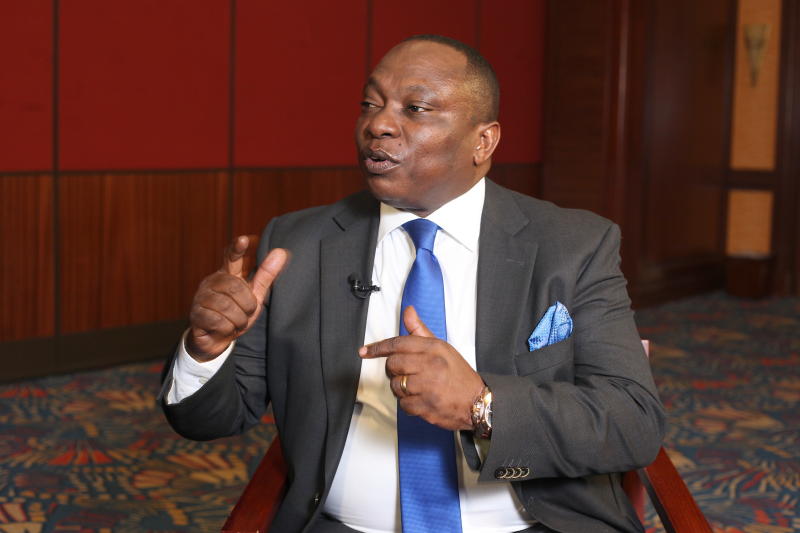×
The Standard e-Paper
Stay Informed, Even Offline

Coronavirus (Covid-19) has had an unprecedented impact on the global economy, including massive job losses, shuttered economy and livelihoods.
Kenya has not been spared, forcing the crafting of major interventions expected to help households and businesses remain afloat.